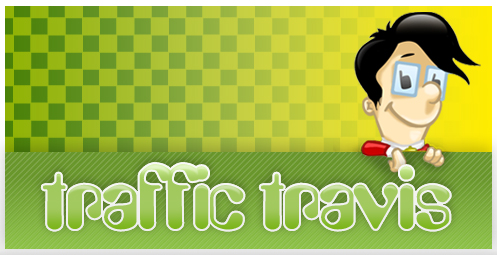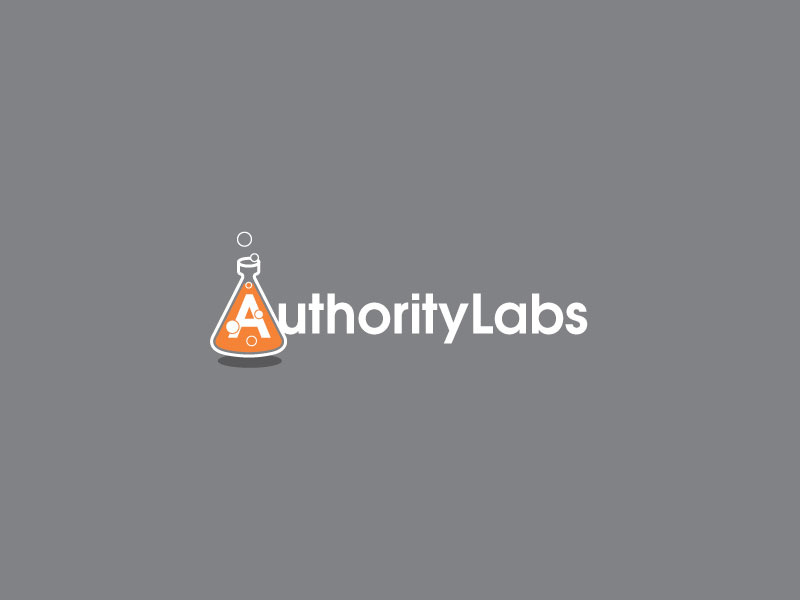In the previous article, I share some cool and creative link building tactics.
Now in this article, I am going to share the top 8 Google ranking tools which will help you to analyze and enhance your Organic Rankings.
Here is a list of the best Google ranking tools.
Google is getting smarter. Therefore, it is becoming more difficult to check the positions.
One of the main reasons is the ever-increasing personalization.
It’s very difficult to give an exact answer today because the Google results list is different for everyone.
What can affect it?
- Your location from where you ran the search (IP address)
- Your search history (cookies)
- And a thousand other things.
The second reason to understand: Search engines rely on advertising revenue. When you look at your rankings with a tool, those tools visit, search for, and thus click on ads (so they don’t contribute to search engine revenue).
That’s why Google started to defend itself against this. When he detects that the search may not be run by a human, he throws CAPTCHAs. Because devices can even do this, they started to monitor IP addresses, and if the search engine performs too many searches, and too quickly, Google will temporarily disable the IP address.
Some devices do this cleverly (for example, by changing their IP address), while others do less, so they charge their prices. This will give you a basis for categorization as well as what you would use it for:
What do you want to use the device for?
- Free (but very fast, individual and rare use)
- Paid But Cheap (Can Be Perfect For Search Engine Optimization For Your Other Non-SEO Company)
- Top Results (mainly for marketing and SEO agencies)
- All-in-One software
At the end of this article, I will show you some advanced tips and a checklist so you can check for the right program.
List of Google ranking tools – Free tools
This is a Firefox plugin (so you can only use it in Firefox) and is really useful for getting results fast.
Advantage: We can check keywords very quickly.
Disadvantage: Google can easily disable Google temporarily when using a plugin – which is why you can only manually scan keywords – there is no way to monitor continuously.
Price: Free. Maximum 100 keywords.
Traffic Travis

Downloadable software for my own machine, both free and pro version.
Advantage: Continuous placement testing is also possible.
Disadvantage: Downloadable software is not as powerful as cloud-based software because it can be blocked more easily by Google.
Price :
Free version: 20-30 keywords at a time (experience has shown that you can easily block Google).
Paid Version: The Pro version is $ 97 per year.
CuteRank
Downloadable software for my own machine, both free and pro version. In addition, the keywords in the free version are constantly monitored and checked.
Advantage: The free version is perfect for your own use, as most of the restrictions apply to agencies.
Disadvantage: Downloadable software, which does not have the same power as software running on an external server, is easier to disable by Google.
Price :
Free version: The restriction applies to domains, not keywords (1 page only)
Paid Version: Purchase the Pro version for $ 59.95 and then pay only $ 10 per year for upgrades.
SERPROBOT (formerly SERPLAB)

Recently launched cloud-based website verification software (still in beta).
Advantage: It is possible to continuously monitor your keyword up to every 2 hours.
Disadvantage: The design of the site dates back to around the mid-2000s.
Price :
Free version: 25 keywords per day.
Paid Version: Paying per robot (one robot 300 keywords per day, $ 4.99 per month), so good enough for SMEs.
You can try the paid version for 14 days free (no credit card required).
SerpBook
![]()
It can be the perfect choice for cloud-based micro businesses.
Advantage: Updates results every two hours, even with the smallest package.
Disadvantage: In their small packages, you can monitor a small number of keywords, but at least they are continuous.
Price : Starts at $ 18 / month (50 keywords with 150 updates) and at the most expensive $ 364 / month (5000 keywords / 15000 updates).
In the 7-day trial, you can try out even the most expensive packages.
RankTrackr

Pretty accurate placement testing software. Its special feature is that it covers a very wide range of pricing, so you will definitely find a package that fits your goals.
Advantage : Usable and nice UX, accurate results.
Disadvantage: The biggest constraint is the number of keywords, not the number of web pages. Unfortunately, there is no forever-free option.
Price: Pricing starts at $ 9 (50 keywords on 5 different pages) and goes up to $ 429 (already 10,000 keywords per 1,000 web pages).
Free trial for 10 days.
Authority Labs

One of Google’s most popular position testing tools.
Advantage : Accurate results, simple automation and visualization.
Disadvantage: Quality is paid for, so it allows for fewer keywords to watch for the same price as other software.
Price: Starts at $ 49 / month (250 keywords on 50 domains) and starts at $ 450 on Enterprise (5000+ keywords, infinite domain).
A 30-day free trial (without a credit card) is also available.
Advanced Web Ranking
There are a variety of priced positioning tools that come in a cloud-based version, but can even be downloaded after purchase. Custom pricing is also available.
Advantage: Good value for money.
Disadvantage: There is no free-forever option included.
Price: There are several pricing options from Starter Pack ($ 49 / month – 2000 keywords) to Enterprise Pack ($ 499 / month – 35500 keywords). Results can be exported and tracked continuously.
Free trial for 30 days (even without credit card details).
There is more software that includes a lot of features (including rank tracking), but they are priced higher. These include SEO PowerSuite (definitely worth trying out the free demo version ) or Moz Pro (starting at $ 99, but you can try $ 179 / month for 30 days for free). There are also SEMrush and Ahrefs (the former starting at $ 99.95, the latter starting at $ 99 per month).
Advanced tips
When you notice that you are not in the top10 result for that term, you may want to check if you are in the top100 at all.
You can then look through the search pages for every 10 results – but there is also a clever way to do this:
- Search Google for that term.
- At the end of the search URL, put the following string: “& num = 100”
- All you do is bring up 100 instead of 10.
- Press “Ctrl + F” to bring up the search engine and search for your domain.
- This automatically jumps to it but does not show the exact result. Then use the right slider to see how many times it may be.
If you are curious about more of these elegant solutions, I have written an article where I will only show you SEO and productivity tricks like this.
Checklist guide for getting started
You should always check the software before you vote for it. You may be choosing another program (not listed here) or simply making a change to the above software and the article has not been updated yet.
Because of these cases, it is always worth checking out a few things yourself. I’ll show you what:
- Local tracking – How can you locate keywords locally?
- Mobile tracking – can you track mobile results as well?
- One-time tracking or continuous – can you set your keywords to keep track of the program (even every few hours) or do you have to manually monitor the changes?
- How many keywords are you looking for for the price that fits into your budget?
- How many domains do you allow me to review keywords?
- How many users can use the software?
- Can the results be exported?
These are the most important basic points you need to look into. Once you have these, it is up to your individual preference which one is better for UX, which one is most useful for you, and so on.





